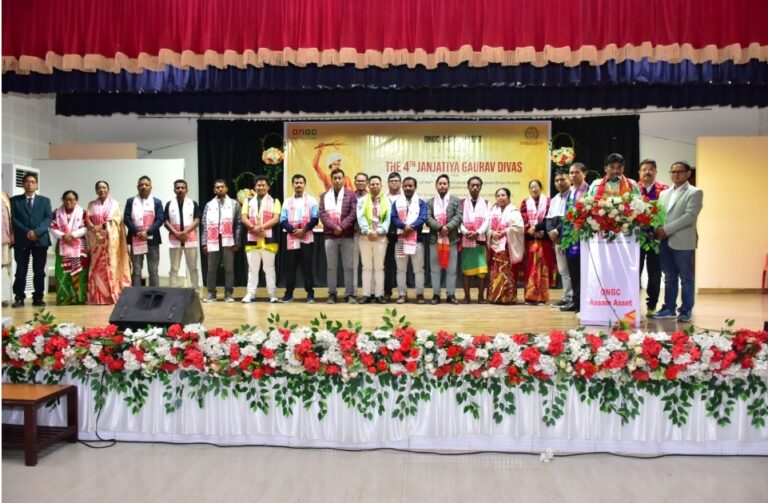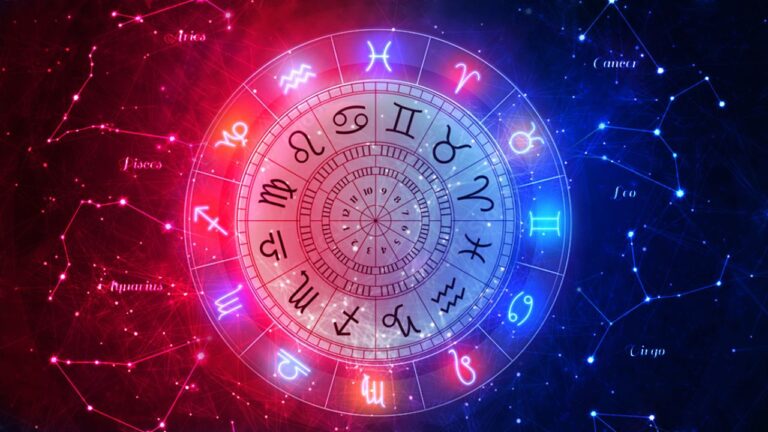The Centre has issued an order for bringing online news portals and content providers under the Ministry of Information and Broadcasting.
A gazette notification issued by President Ram Nath Kovind on November 10 stated that “films and audio-visual programmes made available by online content providers” and “news and current affairs content on online platforms” would be brought under the heading “Ministry of Information and Broadcasting” in the Second Schedule of Government of India (Allocation of Business) Rules, 1961.
News and current affairs content put in the category of ‘films’
The Schedule under the Allocation of Business Rules 1961 has under the “Ministry of Information and Broadcasting”, nine major categories dealing with broadcasting policy and administration, cable television policy, radio, Doordarshan, films, advertising and visual publicity, press, publications, and research and reference.
Interestingly, even the “news and current affairs content on online platforms’, has been added after entry 22, which falls under the sub-category of “Films” and not “Press”.
The move to regulate online media was first initiated in March 2018, by then minister for I&B Smriti Irani. The following month, her ministry issued a circular saying that in order to fight the rise in fake news in print and electronic media, the government had decided that journalists who had complaints of creating/propagating fake news against them, would immediately have their press accreditation suspended.
Though the Prime Minister’s Office asked the ministry to withdraw this circular, it did not hide the fact that the thought process for curbing the freedom of online media had been set rolling.
A report by the Centre for Communication Governance (CCG) at the National Law University in Delhi had then revealed that online platforms are already heavily regulated.
The online space is governed by the Information Technology Act, 2000, some parts of which were struck down by courts as unconstitutional. However, the government is still empowered to block, filter and take down content online or even turn off internet access completely. These options have been excised regularly by the Indian government.
The CCG report said that though online media space (both news and non-news) seems like the Wild West in terms of the volume of content and the kind of transgressions which proliferate on the platform, Indian laws are already quite strict on the online space. Many punitive measures that were introduced by the UPA government have been taken forward by the NDA government, the report observed.















